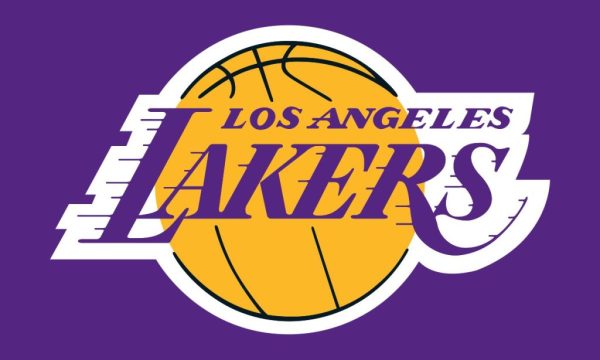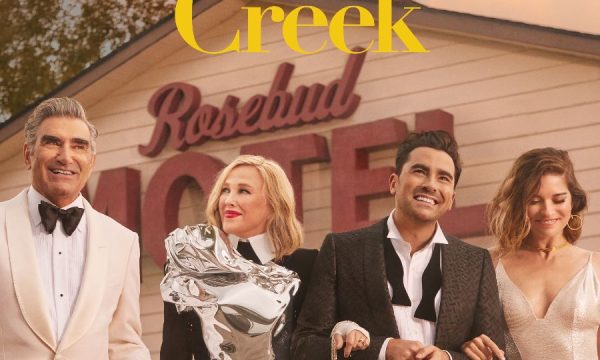Terry Bollea, best known by his wrestling persona Hulk Hogan, has died at the age of 71 from cardiac arrest at his Florida home. Though once considered the face of 1980s professional wrestling, Hogan’s legacy is anything but clean-cut.
Rising to fame during the WWF’s expansion into cable television, Hogan capitalized on an exaggerated image: bleached mustache, over-the-top catchphrases, and patriotic gimmicks that played well to the era’s appetite for cartoonish heroes. Behind the scenes, however, his career was built as much on self-promotion and backstage politics as athleticism or talent. Known for manipulating outcomes and overshadowing fellow wrestlers, Hogan’s influence often came at the expense of others in the locker room.
While he headlined multiple WrestleManias and appeared in a handful of forgettable films and television shows, his onscreen persona rarely evolved. Attempts at reinvention—like his “Hollywood Hogan” role in WCW’s nWo faction—leaned into arrogance and spectacle, mirroring the man more than the character.
Off camera, Bollea was embroiled in one controversy after another. A sex tape scandal, accompanied by racist remarks, resulted in a very public fallout and temporary erasure from WWE history. Though he was later reinstated, many in and outside the wrestling world never forgot. His lawsuit against Gawker may have bankrupted the site, but it also highlighted the dark intersection of celebrity, privacy, and entitlement.
Even in his final years, Hogan was still trying to stay relevant, launching yet another wrestling venture—Real American Freestyle—positioning himself as a commissioner rather than gracefully stepping away. The debut event was scheduled for next month, though it’s now uncertain whether the promotion will proceed without him.
Public response to his death has been mixed. While some longtime fans have offered tributes, others have pointed to his checkered history and questioned how he remained a prominent figure despite repeated scandals. Whatever one’s take, there’s little denying he left a complicated footprint—equal parts fame, controversy, and self-interest.
Terry Bollea is survived by his wife, Sky Daily, and two children. His passing closes the chapter on a figure who, for better or worse, helped shape the spectacle of pro wrestling—but not without leaving a long trail of baggage behind.














